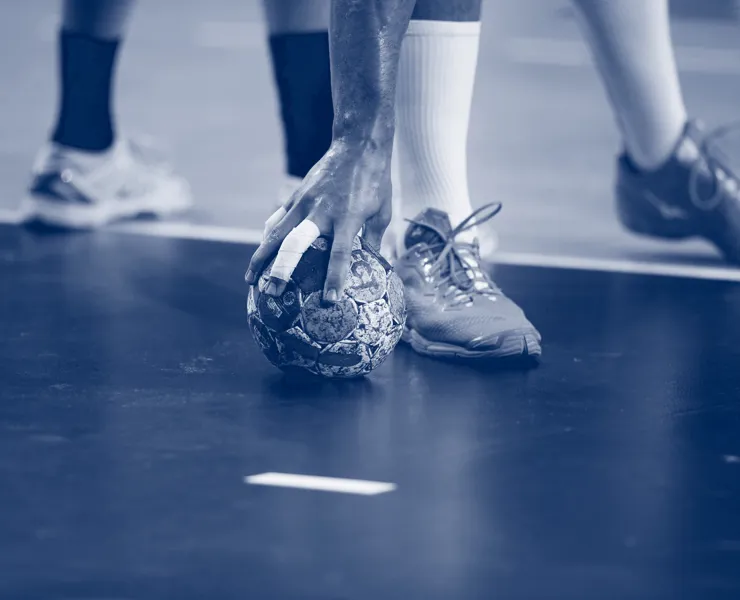This is me: Ludovic Fabregas
Catalunya.
It was always about Catalunya.
From my grandparents through me to my son, the region, the state of mind, what it implies to be Catalan has always been there, in the Fabregas family. It all started about 70 years ago, when my dad’s parents fled from Catalunya to France to get away from Franco and his regime. My mum’s parents also came from the region, from Llanca, to be precise.
So, I literally saw the light of day bathed in the culture.
From being a kid, I could not avoid it. Even when I was practising my first sport. We shared a passion for trial cycling with my brother, Alexandre. In fact, we were among the best in the world. Twice world champion for me, three times for him, who is four years older than me.
Some say I started cycling just to copy him, and maybe there are right.
We still have a huge pond, he and I. One forged during the holidays at my grandma’s house, in Rosas, where my parents would send us to spend the summer when we were kids.


























